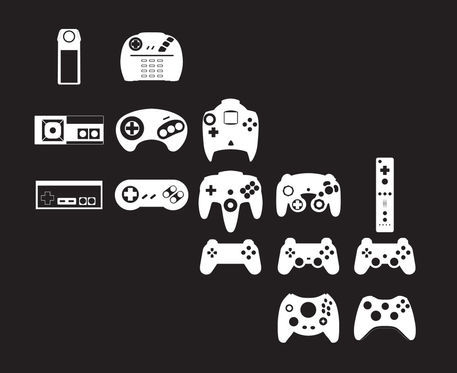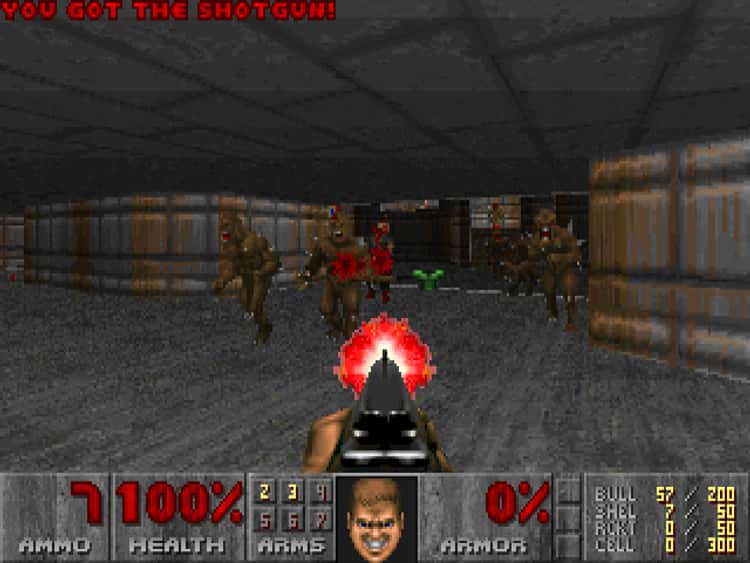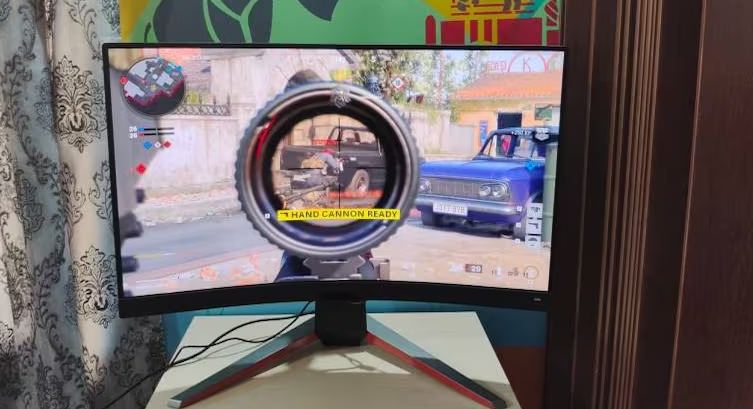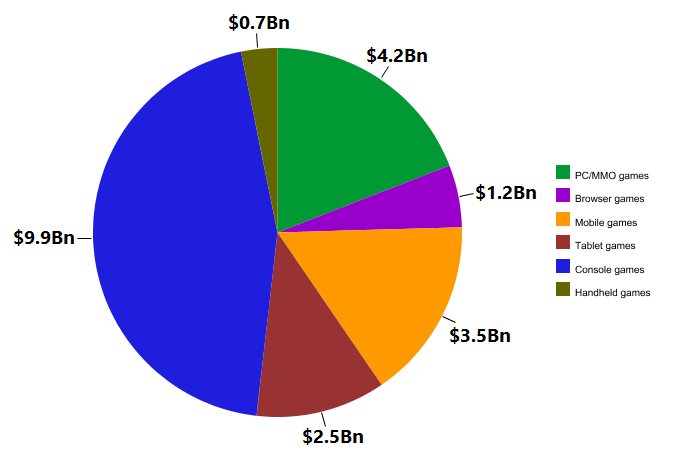Our lives now revolve around gaming in one way or another. They have evolved into a way of life and are no longer just a form of entertainment. For many people, playing video games during their youth and adolescence greatly impacted how they saw the world and even what careers they wanted to pursue.
Since their inception in the early 1970s, video games have advanced significantly. A multibillion-dollar business covering numerous platforms and genres has grown out of straightforward arcade games with simple visuals and gameplay. Video games have grown in popularity across all age groups and demographics, from consoles to smartphone games. Video games are one of the most widely used types of entertainment today, with an estimated 2.7 billion players worldwide.
Using Video Games To Socialize

Video games’ effects on socialization are among the most important ways they have changed our lives. Gamers can now communicate and connect with other gamers worldwide thanks to the growth of online gaming. Online groups and friendships have grown, which may have been challenging. Video games have contributed to the development of ties among friends and family who like playing games together in addition to online gaming.
Video game playing has a favorable effect on socialization, according to studies. According to research from the University of Essex, playing online games with friends can boost social support and lower stress levels. According to another study published in the Journal of Computer-Mediated Communication, online gaming has been linked to the development of social capital, which is defined as the resources that people may access through their social networks.
Video Games and the Development of Capabilities

Additionally, video games have greatly impacted how people acquire abilities like hand-eye coordination, problem-solving, leadership and teamwork. The fast reactions required in many video games can enhance players’ reflexes and hand-eye coordination. Playing games that challenge players to solve riddles or exercise critical thought can help them develop these skills.
The History of Gaming

Simple games with simple graphics and gameplay dominated the early years of gaming. When “Pong,” the first commercial video game, was published in 1972, it became a huge hit. A ball that bounced between two paddles made up the game. Despite being straightforward, it helped pave the way for creating more sophisticated games.
The 1980s and 1990s: The Peak of the Video Game Age

The heyday of gaming was in the 1980s and 1990s. During this time, some of the most well-known video games ever were released, including Sonic the Hedgehog, The Legend of Zelda and Super Mario Bros. These games not only entertained players for hours, but they also shaped the modern gaming business.
An Increase in Online Gaming

The emergence of internet gaming in the 2000s made it possible for gamers to interact with one another on a global scale. Due to this growth, massively multiplayer online games (MMOs) like World of Warcraft, and Brothers in Arms were developed and spread worldwide. The esports business was also spawned by online gaming and it has experienced exponential growth over the years, with professional gamers winning millions of dollars in prize money.
The Social Effects of Video Games

| Impact of Video Games | Positive Effects | Negative Effects |
|---|---|---|
| Entertainment | Provides a fun and immersive experience | Excessive gaming may lead to addiction |
| Education | Used as instructional tools in various fields (military, medicine, etc.) | Can result in subpar academic performance due to overuse |
| Artistic Influence | Influences creative endeavors (music, visual arts, literature) | – |
| Technological Growth | Drives technological advancements in graphics, audio, and gameplay | – |
| Social Interaction | Can provide platforms for social interaction in multiplayer and online games | May lead to social isolation due to excessive gaming |
Growth Of Video Gaming Industry

Video games have advanced significantly since the early Pong days. They have significantly impacted society as a whole and have grown into a multibillion-dollar industry. Video games may be a pleasant and interesting way to learn, interact with others and unwind when they are played in moderation, despite worries about their possible harmful consequences. Observing how the game industry changes over the coming years as technology develops more will be interesting.
More than just a simple past time, video games have evolved into an art form, a storytelling platform and a vehicle for individual expression. They have given comfort in times of solitude, fostered global communities and created links between acquaintances who have become friends. Gamers from all around the world have come together thanks to the shared experiences of heroic journeys, heartbreaking stories and exhilarating conflicts.
Beyond The Screen
Video games have a profound effect on our lives. They have encouraged critical thinking, stimulated creativity and aroused interest. Gaming has cultivated cognitive capacities that have permeated all facets of our lives, from problem-solving skills polished in challenging puzzles to strategic decision-making established in the heat of virtual combat. As a result of the lessons learnt in pixelated worlds, gamers are now better equipped to face obstacles with resiliency and adaptation.
The gaming sector has grown into a titanic force that is pushing the limits of innovation and revolutionizing technology. The gaming business has evolved into a hub of innovation, economic growth and technological improvement thanks to its groundbreaking graphics and immersive sound design, as well as the introduction of cloud gaming and the emergence of esports. It has developed into a space where dreamers and visionaries meet, building digital worlds that pique curiosity and reinvent what is conceivable.
